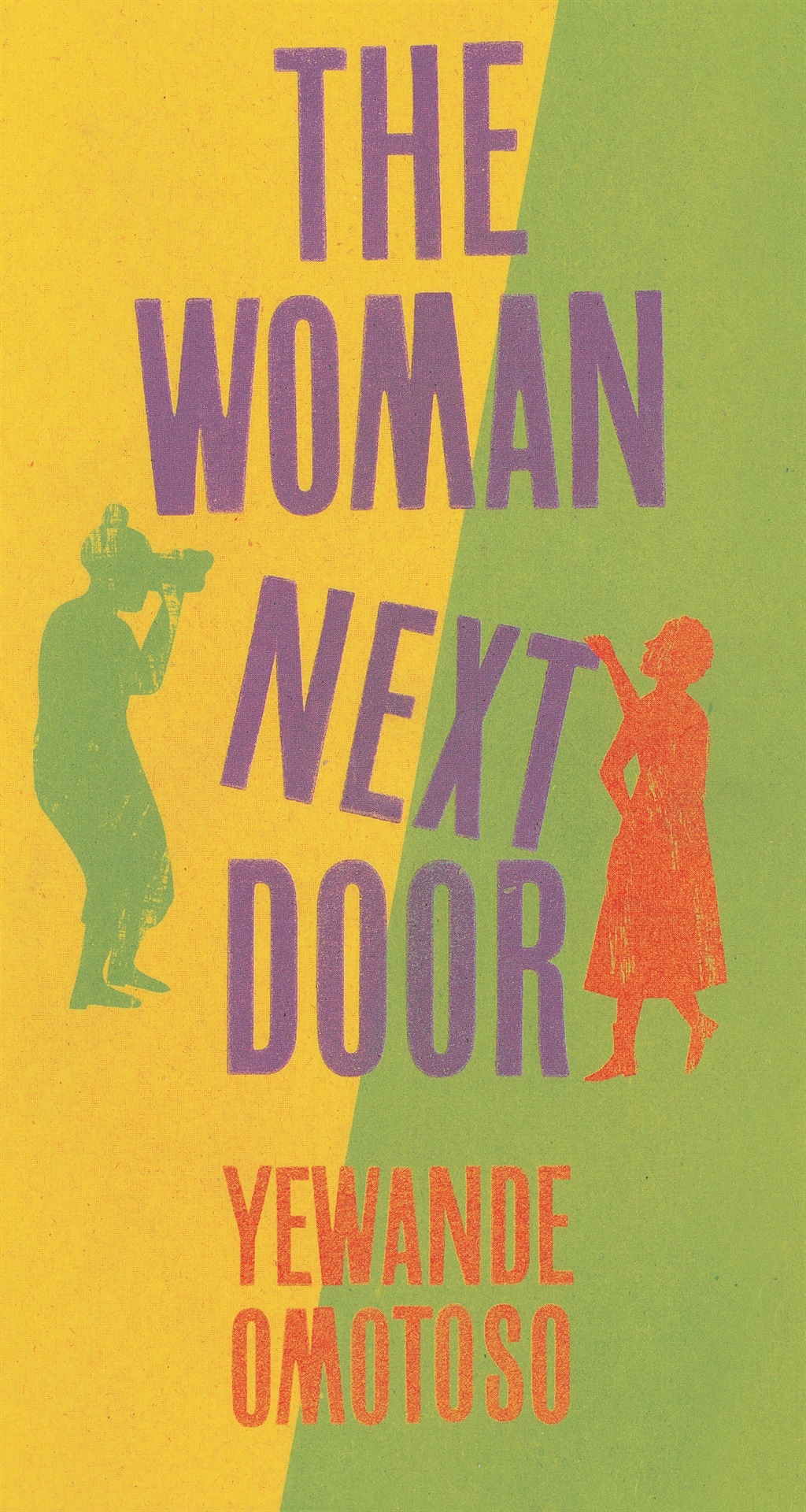
The Woman Next Door by Yewande Omotoso
Chatto & Windus (Penguin Random House)
288 pages
R305
The strong-willed and elderly Hortensia James is a renowned fashion designer with her own firm. She is also the only black homeowner in Katterijn, a ritzy suburban community of Cape Town.
To spite her archenemy and next-door neighbour, Marion Agostino, Hortensia attends Katterijn’s monthly community meetings, where frank interjections cruise from her smart mouth unabatedly, fuelled by the confidence of a woman over 80 years old and too close to death to care about the consequences.
To an extent, Hortensia succeeds in keeping the rich, white, self-righteous senior citizens of Katterijn in check while undermining Marion’s alpha status.
Both are recently widowed women with impressive professional achievements, and both carry the weight of emotional baggage that has accumulated over the decades.
When an accident forces the two neighbours to cross the barrier of hate that has solidified over the years, the pettiness of their rivalry transforms into a profound relationship built on shared memories rooted in shame, guilt and love.
In her second novel, Yewande Omotoso weaves the layers of the main characters’ personal narratives throughout the story delicately and deliberately, in a way that can only be truly appreciated after reading the last page.
Although the racially charged hostility between Hortensia and Marion initially comes off as a slightly overblown rivalry between embittered old folk, the nature of the relationship stems from the emotionally challenging pasts on which both women now sit and reflect.
Readers must be patient with any frustrations they may feel with each character and trust that, upon learning more of the women’s lives while progressing through the plot, secrets will unfold, thoughts will be triggered and perceptions will be changed.
As Hortensia and Marion grapple with the dramas of old age and death, Omotoso unearths a buried discourse surrounding the skeletons in South Africa’s post-apartheid closet, including land rights, reconciliation and white guilt.
She artfully offsets these darker themes that demand to be addressed by incorporating lighter tales on the fragility of love and diasporic triumph.
By the end of The Woman Next Door, the two characters have matured in the reader’s imagination from two mean senior citizens who hate each other to two troubled, romantic and passionate women with fatal flaws that are useless to fix so late in their lives.
Omotoso paints these two characters over the course of the plot slowly and steadily with an eloquence and degree of humour that sometimes warrants a line to be read two or three times for maximum appreciation.
Although the two regularly engage in lively debate after being forced together, whether Hortensia and Marion manage to create something one can call a friendship, however, remains up for interpretation.
Diaspora and Identity in South African Fiction
by JU Jacobs
University of KwaZulu-Natal Press
384 pages
R385
The idea of there being a “true” South African with a greater claim to the land is one that’s heavily driven by the demographic power of the African majority in the country.
Politicians with a so-called nativist bent are quick to reach for clichés and platitudes, such as “being born in a stable doesn’t make you a horse”, to dismiss the rights of lighter-skinned natives.
This is what makes JU Jacobs’ academic collection, Diaspora and Identity in South African Fiction, a subtle and necessary challenge to the essentialist ways of thinking that so dominate our discourse.
His exploration of literary works by 12 of our most celebrated novelists Z Breyten Breytenbach, JM Coetzee, Nadine Gordimer, Aziz Hassim, Michiel Heyns, Elsa Joubert, Zakes Mda, Njabulo S Ndebele, Karel Schoeman, Patricia Schonstein Pinnock, Ivan Vladislavic and Zoë Wicomb Z brings to light the truth that the South African identity is highly multifaceted, and full of fractures and conflicts.
Whether one is African, Afrikaner, coloured, English, Indian or something else entirely, there is nothing “pure” about any of these identities. And why would one want there to be?
The touch of a great novelist is often in noticing the subtle distinctions and complexities that set the individual apart from the general, and why sweeping racial and cultural statements will always fall to pieces once probed deeply enough.
As the book’s publicity note says: “Diasporic displacement, migration and relocation, from the colonial, African and Indian diasporas to present-day migrations into and out of South Africa, as well as diasporic dislocations within Africa, [have contributed to the nation we have become].”
South Africa is a place that always was, and always will be, in flux, and this academic exploration of that fact in many of the country’s fictional masterworks shows that art is often just as valuable, if not more so, in uncovering a nation’s soul than sociological studies can be. An important and necessary book. – Charles Cilliers




 Publications
Publications
 Partners
Partners








